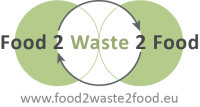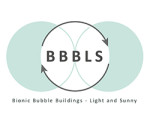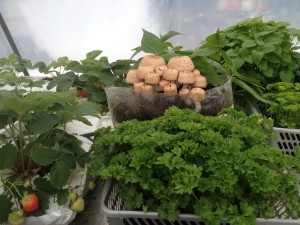
About us
Partnership of a multidisciplinary team of practitioners and scientists
Lindum’s involvement in Food2Waste2Food
Lindum believes in the future of sustainable cycles. This means that we are as a waste company focusing on how to abolish waste! Moving from “waste” to resource recycling is Lindum’s business. Organic waste is a major part of this. Organic wastes are very valuable for energy, food and soil production (and very damaging for the environment if not treated properly). The Food to Waste to Food project encompasses many of the core activities of Lindum: food waste handling, biogas and biofertiliser production, composting and soil production, and cutting edge technologies for the integration of sectors into the future cycle-based society.
Lindum AS (Lindum) was established in 1997 as a municipality-owned company. In 2001 the company was converted to a limited company, 100 % owned by the municipality of Drammen. Today, Lindum consists of Lindum AS, with its main base in Drammen, and the subsidiary companies Lindum Kommunalservice AS (recycling plant), Lindum Energi AS (power production), Lindum Oredalen AS at Hurum , Bioressurs Østlandet AS in Fredrikstad, Lindum Egge AS in Lier, Lindum Bioplan AS in Western Norway, and Lindum International AS at Son. The company has approx. 100 employees.
The company’s primary goal is to reclaim as much raw materials and energy as possible from the waste. The effect is diversion from landfills, raw material savings, greenhouse gas reduction, and reduced fossil energy consumption.
- Sorting
- Landfills: inert residual waste after removal of materials for recycling, and polluted soil
- Energy: landfill gas, biogas, construction and waste wood for biofuel.
- Odour control, see Clairs
- Sludge treatment
- Organic waste: commercial and household source separated food waste and garden waste
- Soil production
- Recycling plant
- Hazardous waste
- Contaminated soil
- Treatment plant for oil-polluted sand
- Numerous research projects






